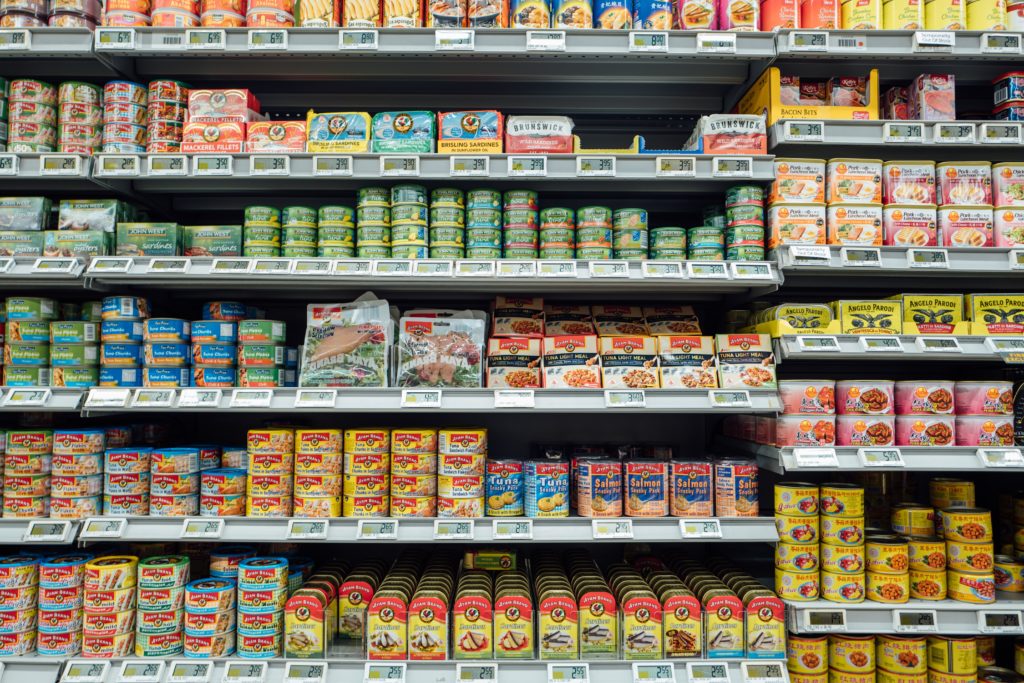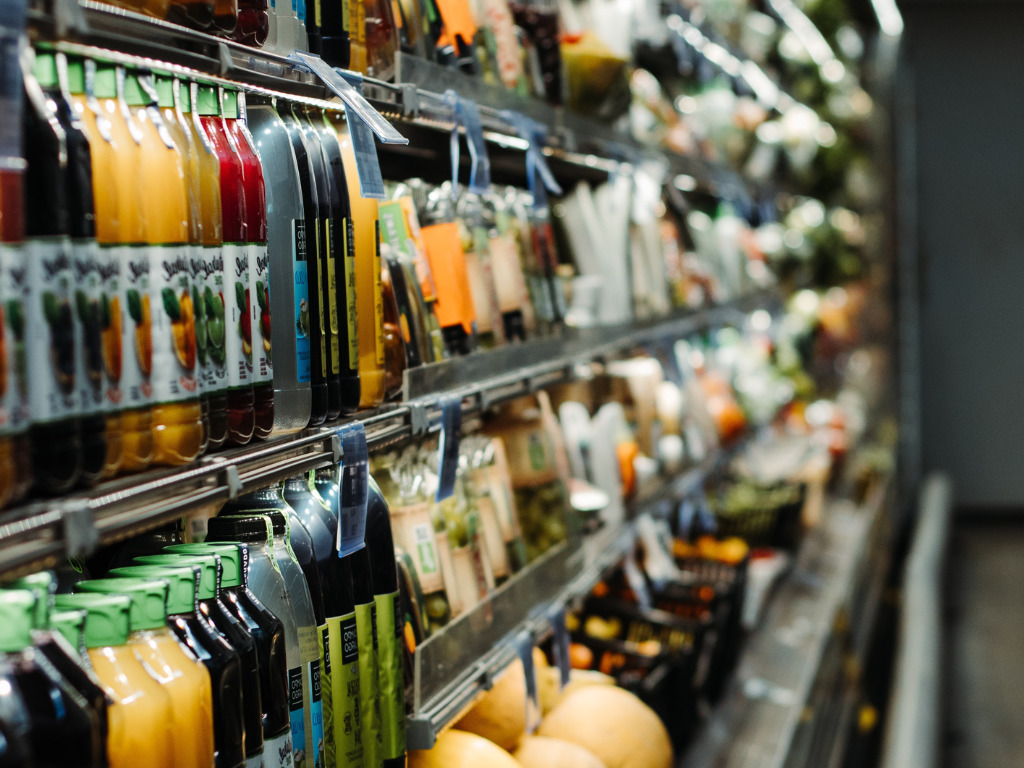Can Eco Labels Help Consumers Shop Smarter? The U.K. Could Find Out Soon.
3 Mins Read
New research could help create an eco labeling system that would bring more clarity to shoppers about the sustainability of their purchases.
The findings, published in the Proceedings of the National Academy of Sciences, could help the food industry learn how best to reduce its environmental footprint, says professor Peter Scarborough of Oxford University.
The findings
According to Scarborough, the findings support the food industry’s need for tools to help make their products more sustainable.
“It fills a huge gap,” he told the BBC. “Manufacturers, caterers and retailers have targets for reaching net zero [emissions] and they don’t have the tools they need to get there.”
The researchers looked at more than 57,000 food and drinks sold in U.K. supermarkets. These items were assessed based on their impacts across their value chains, from growing methods to processing, transport, and emissions. Those assessments were analyzed through a custom algorithm. Higher scores mean bigger impacts.

The foods with the highest scores all contained meat and dairy compared to plant-based options, the researchers noted. According to the findings, many vegan meat products like sausages and burgers scored between 10 to 20 percent lower than their conventional counterparts.
“If you look at the government strategy on achieving net zero [emissions by 2050] around food systems, they are not measuring the actual greenhouse gas emissions, instead the recommendation is to reduce meat consumption,” Scarborough says.
“That’s OK, because meat has the biggest greenhouse gas emissions, but you miss a massive amount in multi-ingredient foods which had previously had no reduction targets based on them whatsoever.”
Beef and lamb had the highest environmental impact followed by deli meat and cheese, nuts and dried fruit, fish and seafood, tea, ready meals, sausage rolls, Yorkshire pudding, salads and dips, and soft drinks.
Will eco labels happen soon?
But the research team says its findings are limited, with country of origin not available or information on agricultural production methods use. Despite the missing information, the team still stands behind the methodology, citing the findings as a significant step toward “providing information that could enable informed decision-making.”

Mandatory eco labels are still a long way off, though, they say. What’s more likely is voluntary adoption that would have ripple effects across the industry.
“We want to give everyone the information to make healthier, greener or more sustainable choices with the food they buy, if they want to,” said a spokesperson for the Department for Environment, Food and Rural Affairs. “Voluntary industry schemes are really positive and through our Food Strategy we’re also looking at how we can better support them in future.”
Photo by Eduardo Soares on Unsplash



